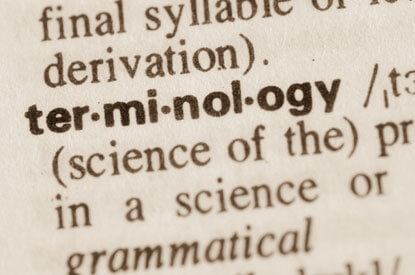
The case arose in Detroit in the summer of 1998 when police executed a search warrant on the home of Booker T. Hudson. The lead officer, Jamal Good, loudly announced their presence. Then, without knocking, he waited "three to five seconds" and burst through the unlocked door. Hudson was sitting in a chair in the living room. A loaded pistol was concealed in its cushions. The cops seized the pistol and a "large quantity" of drugs. The trial judge granted counsel's motion to suppress the evidence, but Michigan's Supreme Court reversed. Eventually Hudson was acquitted on the firearms charge and sentenced to 18 months on probation for drug possession.
In the U.S. Supreme Court, Hudson's lawyers argued that the search was "unreasonable" under the Fourth Amendment. There had been no true "knock and announce." The state conceded that, yes, Good's summary entrance had violated the Exclusionary Rule, but what should be the remedy? Suppress the evidence? The officers would have found the cocaine either immediately or inevitably. The rule, the state argued, should not be so mechanically applied.
In his opinion for the court, Justice Antonin Scalia acknowledged that the "knock and announce" rule has its valuable aspects. It protects human life, "because an unannounced entry may provoke violence in supposed self-defense by the surprised resident." Moreover, a brief interlude between announcement and entry "may be the opportunity that an individual has to pull on clothes or get out of bed."
On the other hand, Scalia contended, enforcement of the Exclusionary Rule carries substantial social costs. The exclusion of relevant incriminating evidence entails, for example, "the risk of releasing dangerous criminals into society." But loosening the rule would generate a constant flood of alleged failures to obey the Fourth Amendment. "The cost of entering this lottery would be small, but the jackpot enormous — suppression of all evidence, amounting in many cases to a get-out-of-jail free card."
Scalia wound up his opinion for the majority with a stout defense of the increasing professionalism of police. "We now have increasing evidence that police forces across the United States take the constitutional rights of citizens seriously." Here my favorite justice was not eating fire. He was blowing smoke. He concluded:
"In sum, the social costs of applying the Exclusionary Rule to knock-and-announce violations are considerable; the incentive to such violations is minimal to begin with, and the extant deterrences against them are substantial. ... Resort to the massive remedy of suppressing evidence of guilt is unjustified."
Justice Anthony Kennedy filed another of his watery "concurring" opinions, like his feeble concurrence last month in the hugely important case of federal control over isolated underground state waters. Scalia's opinion for the court, said Kennedy, should not be interpreted as suggesting that the knock-and-announce requirement is trivial. Moreover, "the continued operation of the Exclusionary Rule as settled and defined by our precedents is not in doubt." Having sucked much of the juice out of the majority's opinion, he sighed and signed on.
Justice Stephen Breyer, speaking also for Justices Stevens, Souter and Ginsburg, found Scalia's opinion "doubly troubling." The majority had departed significantly from a unanimous precedent just 10 years ago; moreover, Scalia's opinion would weaken, perhaps destroy, much of the practical value of the Constitution's knock-and-announce protection. If the police had taken their time and entered lawfully, they would have found the gun and the drugs. But the question is not what the police might have done, but what they did do. Accordingly, their failure to knock and announce "rendered the entire search unlawful."
In my own view, Scalia's opinion rightly decided the case. But as they used to say of serial movies, so let it be said of jurisprudence under the Fourth Amendment: "to be continued."
(Letters to Mr. Kilpatrick should be sent by e-mail to kilpatjj@aol.com.)
COPYRIGHT 2005 UNIVERSAL PRESS SYNDICATE
This feature may not be reproduced or distributed electronically, in print or otherwise without the written permission of uclick and Universal Press Syndicate.


